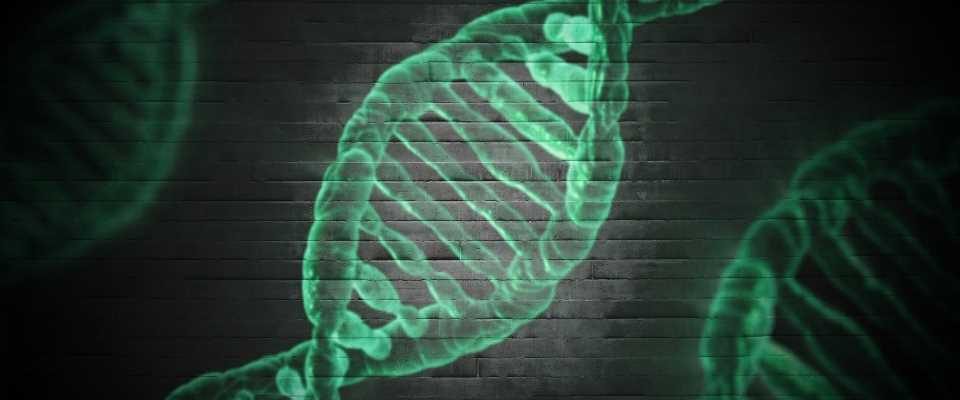Loss of a particular protein causes growth defects in mice and humans

Through next-generation sequencing, investigators have identified a mutation in the TMCO3 gene in two sisters with short stature.
The research, which is published in the Journal of Bone and Mineral Research, also revealed that the TMCO3 protein is expressed by chondrocytes, cells responsible for bone growth, and that it regulates expression of two other proteins known to control bone growth (parathyroid hormone-related protein and Indian hedgehog). TMCO3 appears to transport protons in exchange for potassium across a protein packaging organelle within cells.
The scientists confirmed that the mutation in TMCO3 was responsible for the sisters’ short stature by analyzing a mouse model lacking the gene and showing that the mice had shortened bones.
“This paper is the result of a great collaboration between the Institute of Human Genetics and the Department of Osteology and Biomechanics, both located at the University Medical Center Hamburg-Eppendorf, in Germany. It shows the importance of ion and pH homeostasis in organismal growth,” said corresponding author Kerstin Kutsche, Ph.D.
More information:
TMCO3, a putative K + :proton antiporter at the Golgi apparatus, is important for longitudinal growth in mice and humans, Journal of Bone and Mineral Research (2023). DOI: 10.1002/jbmr.4827
Journal information:
Journal of Bone and Mineral Research
Source: Read Full Article
